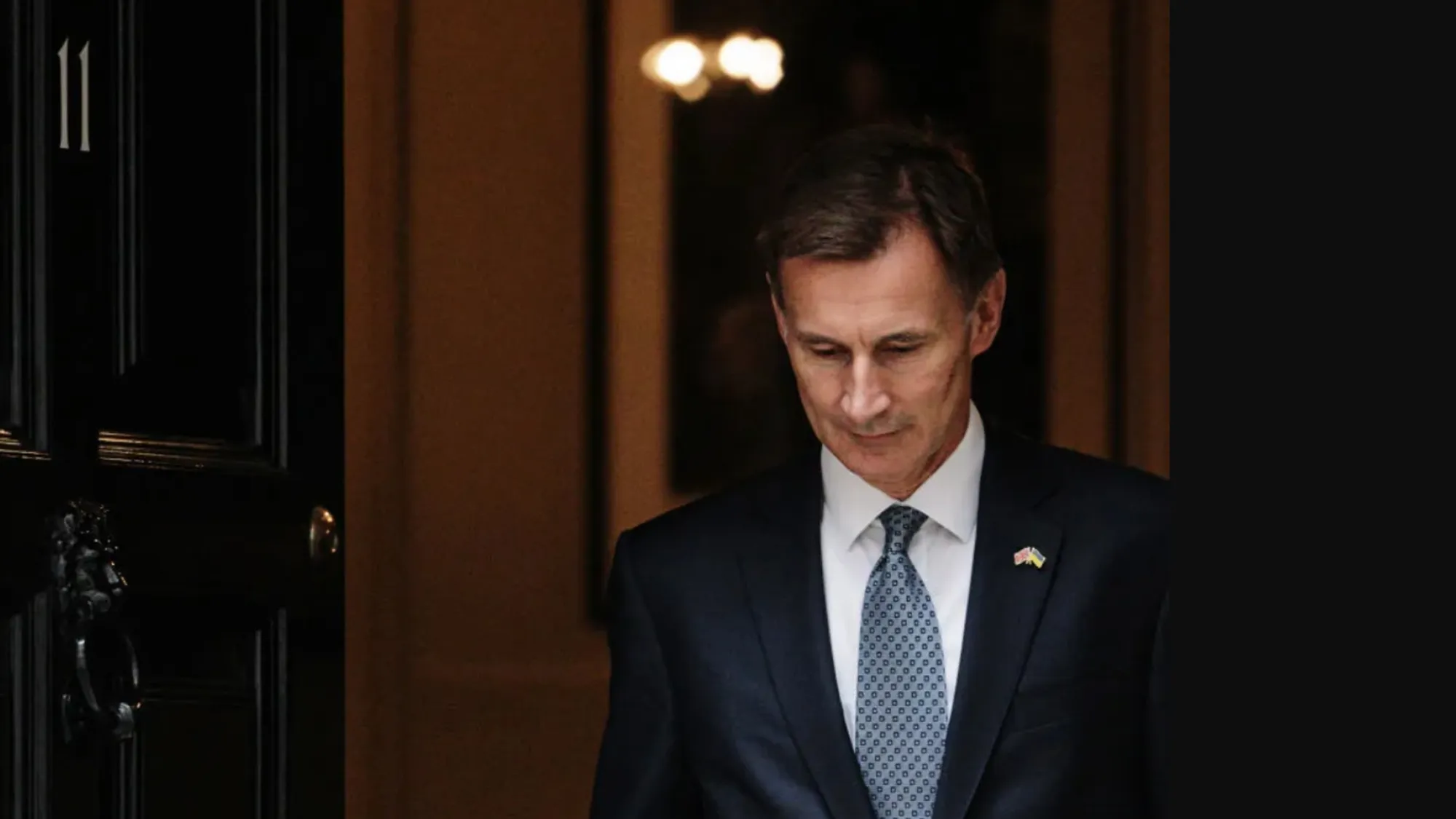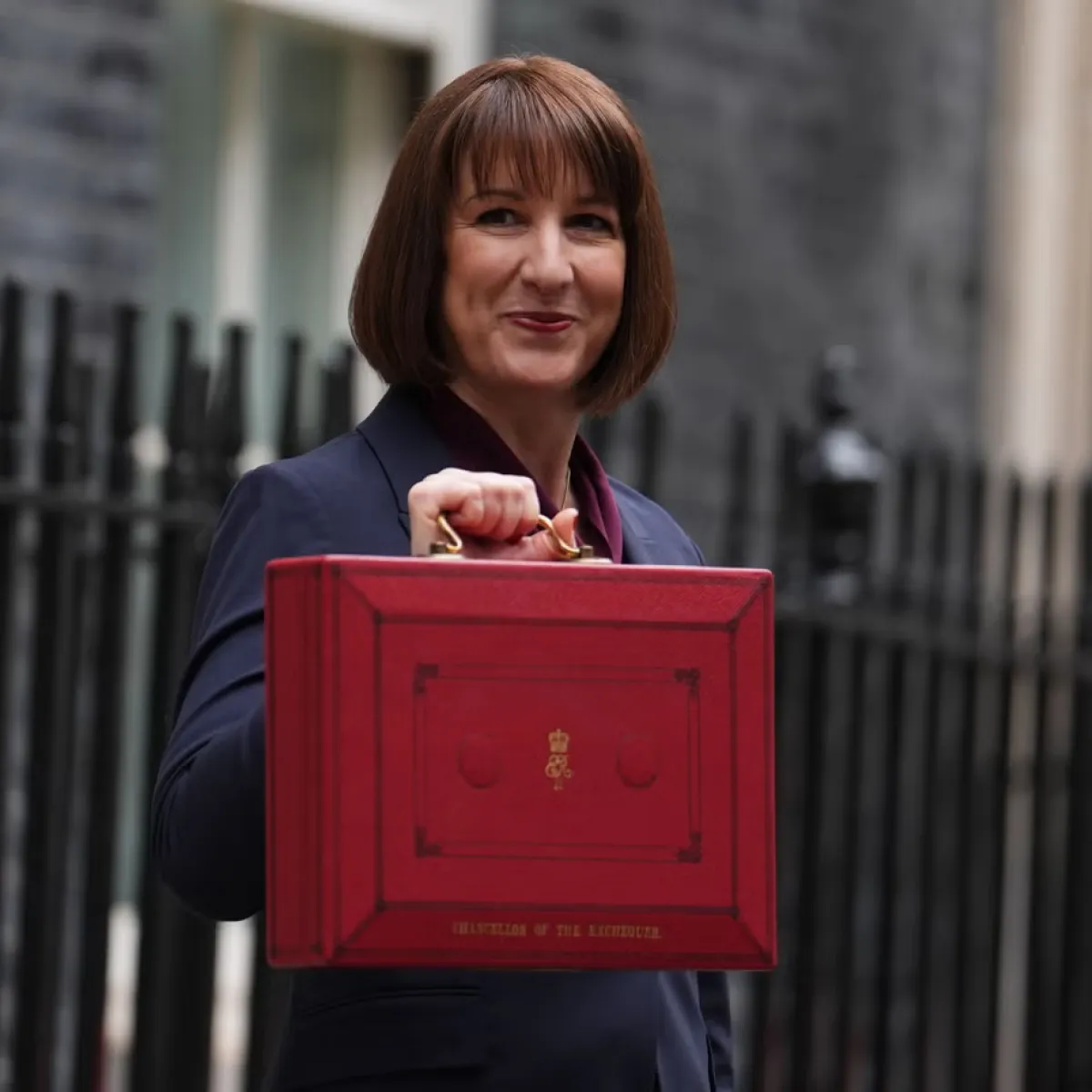This website uses cookies. Learn more
Can the Chancellor deliver the Growth Plan?
First published in Political Capital - our weekly public affairs and polling news drop

Following the Chancellor's speech on a 'four pillar' plan for economic growth, James Dowling, former Treasury official, discusses whether Chancellor Jeremy Hunt can deliver anything like growth in this Spring Budget.
**
The IMF this morning forecast the UK to be the worst performing big economy, and the only G7 country to see a net contraction (-0.3%) this year. Gallingly, the UK is set to perform worse even than Russia – a country that is comparably sanctioned to Iran and North Korea. I wrote earlier this month - in our Political Capital edition on 5 January - that Chancellor Jeremy Hunt had decided in the wake of the Autumn Statement (amid reactions such as this from Simon Clarke) to prioritise growth in the Budget. Today’s IMF revelation increases pressure to demonstrate a clear plan; on the other hand, it also shows that his central task of delivering stability in the public finances will be that much harder, something that the Office for Budget Responsibility apparently confirmed to the Chancellor last week, suggesting that the Treasury starts with a £9bn hole in the public finances.
The IMF called out “tighter fiscal and monetary policies” (i.e., high taxes, low spending, high interest rates) as one of the drivers of low UK growth. Against this backdrop, the Mail’s front page, demanding tax cuts as a way of unleashing growth, encapsulates the political tightrope Hunt and Sunak are walking. Sunak came to office as the anti-Truss – promising fiscal responsibility, stability and sensible government after the chaos that she unleashed. But just as others have this week referred to the Government suffering ‘long Johnson’ (which is certainly how you could see the Zahawi and Sharpe affairs), the persistent attachment to tax cuts as the acme of growth on the Tory benches shows no sign of fading, despite the inglorious end to Truss’s administration. In that respect, this is a form of ‘long Truss’, with those who supported her still backing the essential cause, and seeing the failure of Truss’s administration as (much like attempts to deliver communism or, whisper it, Brexit) evidence of political incompetence (certainly true) rather than any error on substantive policy (also arguable).
In a situation where inflation is largely driven by energy prices it is genuinely questionable whether limited tax easing would in of itself have much impact on inflation. However, in the wake of the Truss experiment and with public finances that are getting even tighter, the high likelihood is that the markets would take fright if the Chancellor is seen to be bullied into giveaways by Tory backbenchers. Practically, therefore, the Chancellor cannot afford to offer tax cuts on 15 March – but he needs to be able to offer a clear assurance about the conditions in which he might be able to offer them, in terms which give the majority of the Tory party hope they might come before the election.
That leaves open the question about what else might be coming in the growth plan. There are two clear bankers – measures to get those who have exited the workforce back into work and greater incentives to business investment. Beyond this, it’s difficult to see what the Treasury will be able to offer. If one were starting from scratch and ignoring the wider context, the key elements of a growth strategy would involve roughly six elements: closer trading relations with our nearest and biggest trading partners; planning reform to enable more housing and infrastructure development; looser immigration policy; institutional confidence and macroeconomic stability; skills reform; updated competition policy. The problem is that the first four on that list are either things which the Tory party or Tory members will want to oppose (planning reform, immigration) or have actively undermined since 2016 (the other two). And although skills and competition reform are relatively unobjectionable (so we can expect government to progress them) no one is going to notice any change this side of an election.
All of this suggests that Hunt’s threshold for success on 15 March is near impossible to meet. If I were in the Treasury now, I’d be spending a lot of time trying to manage expectations about the difficulty of the upfront task, while concocting a few, small, retail giveaways that buy off certain groups of critics and play to the wider themes (which takes you to areas such as pensions tax relief and, perhaps, green cars or capital allowances). That said, on this third anniversary of Brexit, it’s hard not to conclude that our politics since 2016 has made our current situation a lot more difficult. And although I think Brexit was a huge error, much of the damage has been the way we have done Brexit and much else in our public life since then. Powerful though a Chancellor undoubtedly is, it is not within his gift to fix that.
**
Want to understand what a Labour government will mean for your organisation, and industry?
We're hosting Labour workshops with policy experts to help organisations, brands and associations better understand the upcoming landscape, opportunities and challenges. To find out more, register interest using the form below.
Labour Workshops
Stay in the loop with our experts




New Business: to find out how we can help you, contact our dedicated new businesss team consultancy@lansons.com
Careers: we’d love to hear from you, please visit our careers hub











